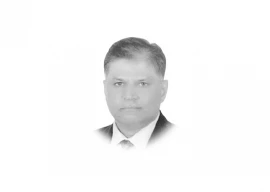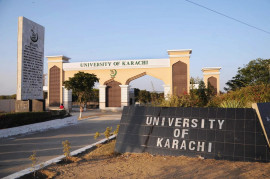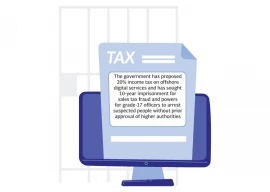
Sensational reports about Pakistani 'grooming gangs' raping white girls in the UK have stirred controversy and tensions. Despite the fact that it would probably be unfair to say that the Pakistani community is uniquely responsible for such offences, the media and certain tendencies in political discourse often point to Pakistanis - the 2% of the UK population. These narrow terms can trigger Islamophobic philosophies that strengthen the common bias that all people from the Pakistani context are potential offenders. Similar imbalances also increase the legitimacy of radical organisations for such narratives to be used for political purposes.
Such narratives lack essential considerations sometimes. Official documents and researches also state that sexual exploitation is not unique to any one ethnic group only. However, the media and other groups can increase an anti-Pakistani stance by using unethical sensationalism. This environment has benefits for far-right circles, both domestic and international ones, popularising images of Pakistani communities as internal enemies. Likewise, such factionism works effectively in the hands of foreigners, who contribute to the disintegration of any joint societal unity. For these reasons, such dichotomous approaches build upon pre-existing precocities with the possibility of aiding broader geopolitical interests to compromise solidarity among diasporas.
From Pakistan's perspective it is admitted that a very small element within the diaspora might indulge in malign activities or might have acted inimically to the national interest. Still, this recognition does not reduce the general affection between Pakistan and its overseas expatriate population on the whole. These individuals continue to be a vital component of the nation's cultural and economic identity, contributing by sending remittances, performing philanthropic activities and fostering the bilateral relations. It is thus highly important for the Pakistani state to back up its citizens in diaspora, helping them in correcting misconceptions and main contention.
Pakistani authorities have in this era encouraged diaspora communities to exercise caution. Coalescence emerges as one of the most effective shields against misconceptions that challenge a common sense of integrity. In this case, if one opts to seclude himself or herself or get involved with other even bigger political issues, then that individual ends up working and supporting the resentment systems that brand them as outcasts in society. It is possible to fight such kinds of accusations and promote more responsible actions only through combining community awareness campaigns and legal actions with talking about the problem and seeking legal help when needed. It also allows communities to deal with any actual social issues on their own basis.
Pakistan itself stands to benefit from the promotion of correct representation of its people living in other countries. False narratives are not only detrimental to people in other countries but also are a blot on the nation's reputation worldwide and can actuate diplomatic hard feelings. One way of challenging these myths is to maintain a continued engagement of Pakistani missions, community sensitisation and cooperation with host governments. Furthermore, getting diaspora advocacy organisations involved is important in discouraging formation of unrealistic perceptions and bringing in positive exemplification. It turns out that only when the diaspora people are united and speaking in unison, they are more capable of combating equally for bigotry.
The spirit of unity underscores why the Pakistani state reaffirms its commitment to diaspora well-being: overall unity is still proven to be one of the most powerful weapons against extremism. Pakistani diasporas, through forging strong cultural networks that embrace cultural identities, also interact with the larger society to demystify the clouds of misinformation. The question, however, is whether citizens and their political, communal and international leaders are prepared to come to terms with the multi-faceted realities of these subjects, or whether the preferred partisanship - calibrated, media-friendly myths - will prevail over civic, practical truth-telling.





1737501233-0/mlk-(1)1737501233-0-165x106.webp)







1737452260-0/Gaddafi-stadium-(2)1737452260-0-270x192.webp)






COMMENTS
Comments are moderated and generally will be posted if they are on-topic and not abusive.
For more information, please see our Comments FAQ